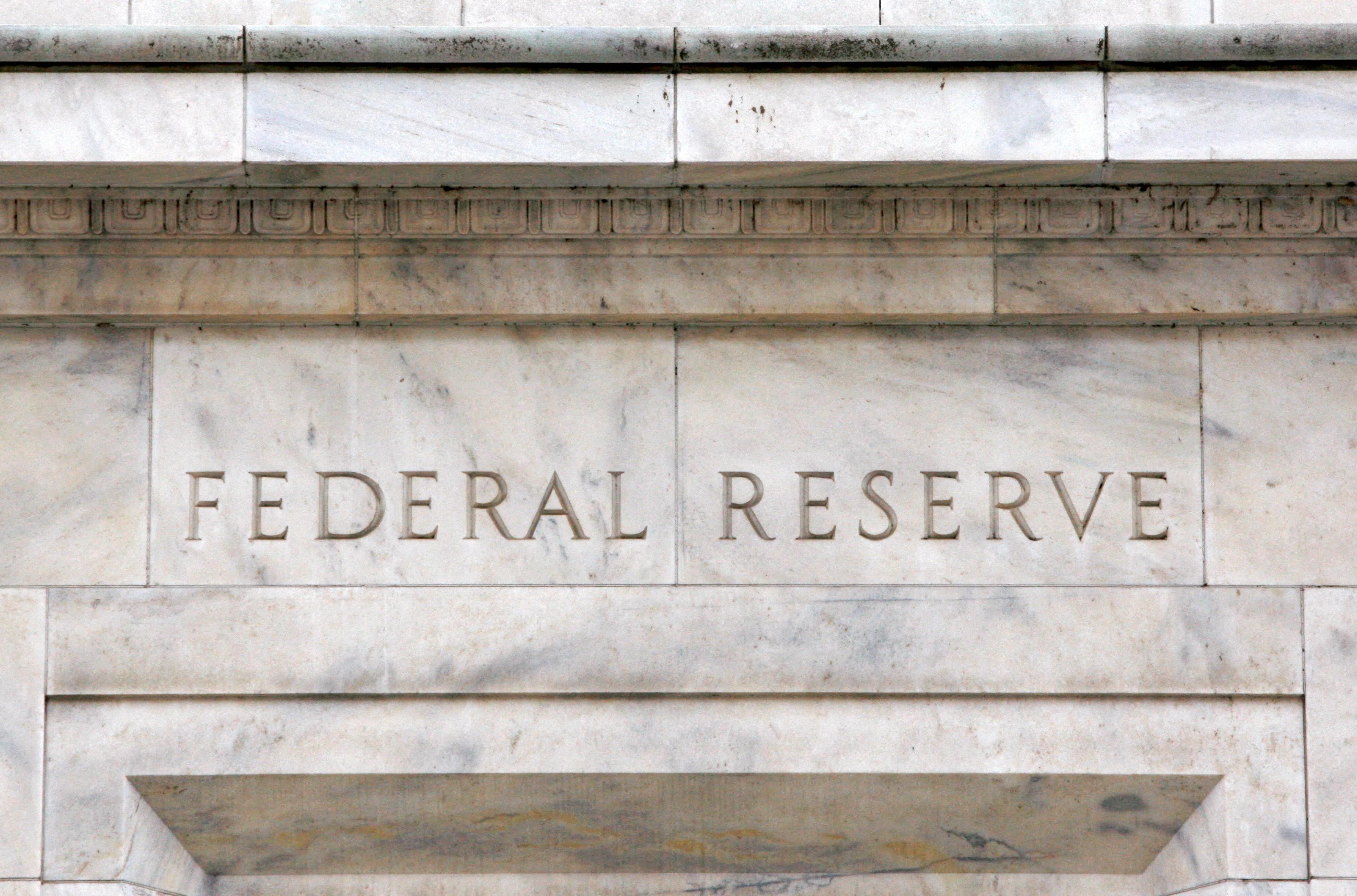PRESIDENT-elect Donald Trump may have campaigned hard against high inflation, but by the time of his Nov 5 election victory financial professionals had moved on from rising prices and begun worrying about rising US debt, possible recession, and risks to global trade as among the top threats to the stability of the financial sector, according to a new Federal Reserve survey released on Friday (Nov 22).
“Concerns over US fiscal debt sustainability was the top-cited risk. It was noted that increased Treasury issuance could begin to crowd out private investment or constrain policy responses in an economic downturn,” the US central bank survey found, while a potential weakening of the economy and possibility of a global trade war moved higher on the list of worries.
These concerns have also been reflected in recent bond market behaviour, with yields on 10-year Treasury notes, for instance, rising sharply over the last two months despite the Fed having cut its benchmark lending rate twice by a total of 75 basis points.
Alongside that, an estimate of Treasury term premium – a measure of the compensation that investors require to hold longer-term Treasury securities rather than shorter-term ones – was near the top of its range since 2010.
Moreover, measures of interest rate volatility were above historic norms, in part due to “high uncertainty about the economic outlook and the associated path of monetary policy as well as heightened sensitivity to news about output growth, inflation, and the supply of Treasury securities”.
Meanwhile a potential weakening in the economy and the possibility of a global trade war moved higher on the list of worries.
BT in your inbox
Start and end each day with the latest news stories and analyses delivered straight to your inbox.
“Risks to global trade were specifically cited in this survey, with some respondents noting the potential for tariff barriers to prompt retaliatory protectionist policies that would negatively affect global trade flows and put renewed upward pressure on inflation,” the survey found. “Others noted that a deterioration in global trade could depress economic activity and raise the risk of a downturn.”
“Persistent inflation” alongside tight Fed monetary policy had been cited as the top risk in a prior survey issued in the spring, but fell to sixth place, alongside global trade, in the current poll.
Trump policies
The survey, published as part of the Fed’s biannual financial stability report, was conducted among two dozen financial sector participants and observers from August to October.
While that preceded Trump’s election win, the poll highlights issues likely to be central in coming debates on taxes, tariffs, and other economic issues.
Some economists see Trump’s anticipated combination of tax cuts and import tariffs as potentially fuelling both inflation and already large federal deficits at a time when bond markets have been keeping yields elevated on US Treasury bonds.
The list of near-term risks to stability published on Friday is reminiscent of the two 2019 financial stability reports, when “trade frictions” were the top concern after Trump had launched a trade war with China and had forced Mexico and Canada to renegotiate the North American Free Trade Agreement.
The document also shows Trump inheriting a financial system that seems largely solid from many perspectives, but with some notable pressures emerging.
Asset values “remained elevated,” the report concluded, a concern since rich pricing can mean steeper reversals if sentiment or conditions change, with liquidity low and commercial property prices under stress.
Household borrowing was “modest,” but delinquency was rising on some types of loans, and businesses had borrowed heavily.
Banks, many of them under Fed supervision with closely watched capital levels, “remained sound and resilient.”
One particular asset class, the “stablecoins” used as part of the cryptocurrency system, was called out as both growing and “vulnerable to runs”. REUTERS



